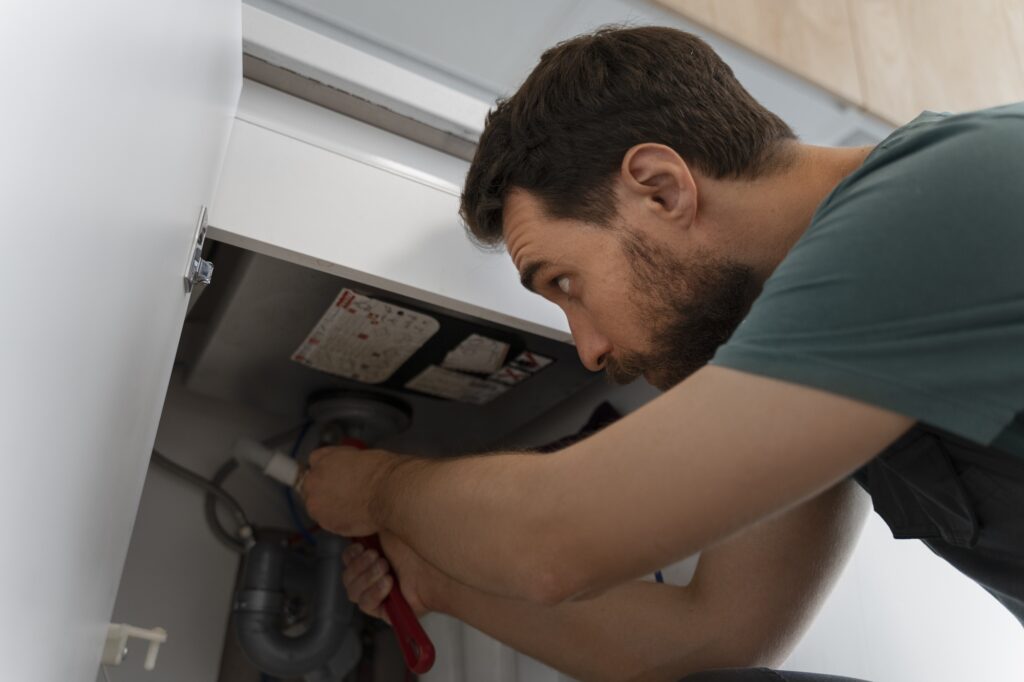Gas Leak: Why It Happens and What to Do
Gas leaks are a serious safety hazard that can lead to devastating consequences if not addressed promptly. From explosions and fires to health complications…

Gas leaks are a serious safety hazard that can lead to devastating consequences if not addressed promptly. From explosions and fires to health complications caused by inhaling toxic fumes, the risks are too significant to ignore. Understanding the causes of gas leaks and the appropriate safety measures can help prevent disasters and save lives. In this article, we will explore what a gas leak is, its common causes, and the steps you should take if you suspect a gas leak in your home or business. We will also delve into preventative measures and emergency actions to ensure your safety.
A gas leak occurs when natural gas, propane, or another type of fuel gas escapes from a pipeline, appliance, or storage system into the surrounding environment. Gas leaks are particularly dangerous because most gases are highly flammable and can ignite with even a small spark. In addition, some gases, such as carbon monoxide, are toxic when inhaled, posing severe health risks.
Many fuel gases are naturally odorless, which makes detecting leaks challenging. To counteract this, utility companies add a chemical called mercaptan to give gas a distinctive rotten egg smell, making it easier to identify leaks. However, relying solely on smell is not foolproof, as prolonged exposure can dull your senses. It is crucial to know other signs of a gas leak, such as hissing sounds, dead vegetation around gas lines, or physical symptoms like dizziness and nausea.
Gas leaks can result from a variety of factors, many of which are preventable with proper maintenance and care. Common causes include:
If you suspect a gas leak, it is critical to act swiftly to protect yourself and others. Follow these steps:
Prevention is always better than dealing with an emergency. Here are some measures to reduce the risk of gas leaks:
In a gas leak emergency, staying calm and taking immediate action is crucial. First, evacuate the area and avoid actions that could ignite the gas. If someone shows symptoms of gas exposure, such as difficulty breathing or loss of consciousness, call emergency services right away. Do not re-enter the premises until professionals confirm it is safe.
Gas leaks are a significant safety concern, but with proper awareness and preventative measures, the risks can be minimized. Understanding the causes of gas leaks, recognizing the warning signs, and knowing what actions to take can protect your home, business, and loved ones. Remember to rely on trusted services like Task Pro for any gas line repairs or inspections to ensure your safety.
If there’s a gas leak in your house, the primary danger is the risk of explosion or fire. Toxic gases can also cause health problems. Evacuate immediately and contact emergency services or a professional gas repair company.
The toxicity of a gas leak depends on the type of gas involved. For example, carbon monoxide is highly toxic and can cause severe health issues or death. Even non-toxic gases can displace oxygen in the air, leading to suffocation.
It is not safe to be near a gas leak due to the risks of explosion and exposure to harmful gases. Always evacuate the area and let professionals handle the situation.
Share this Guide
Gas leaks are a serious safety hazard that can lead to devastating consequences if not addressed promptly. From explosions and fires to health complications…
Septic tanks are a vital component of wastewater management systems, particularly in areas where municipal sewer systems are unavailable. These underground structures treat and…
Choosing the right toilet for your home is more than a simple decision; it’s an investment in comfort, efficiency, and functionality. The type of…